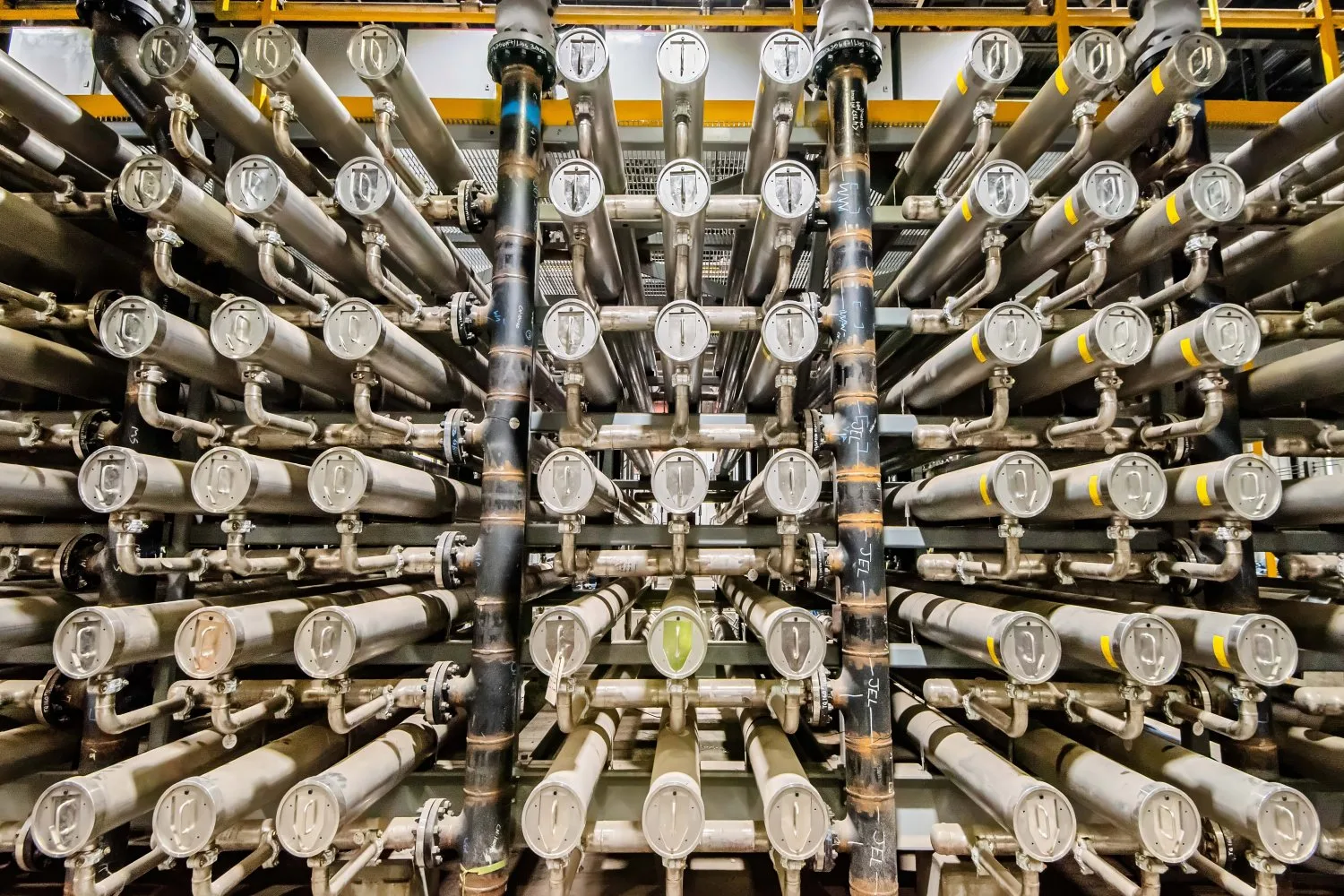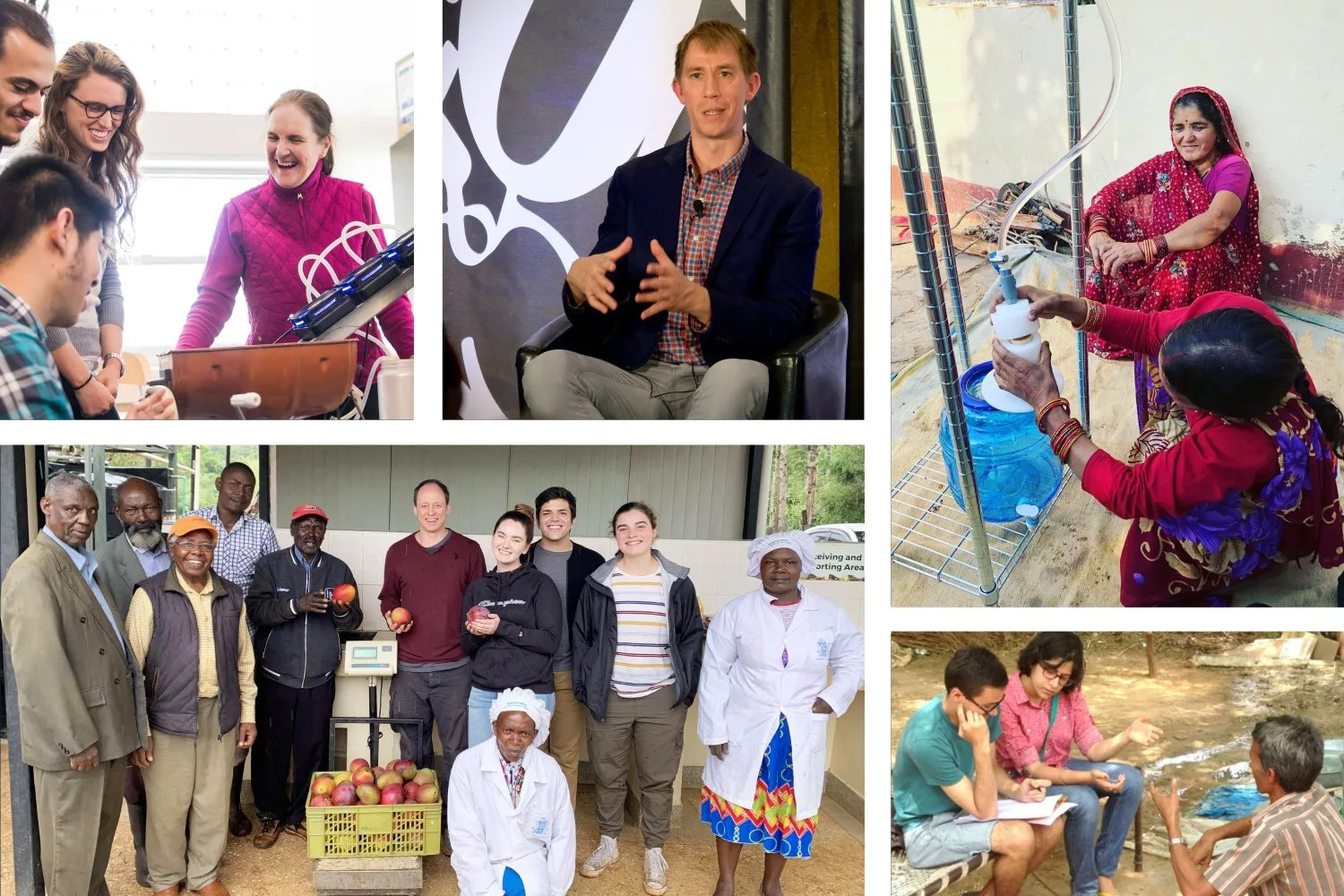The National Science Foundation (NSF) has appointed MIT to spearhead a new Innovation Corps (I-Corps) Hub aimed at bolstering a collaborative effort among eight universities in New England. This initiative is focused on enhancing science and technology entrepreneurship in the region, ultimately accelerating the transformation of groundbreaking research into societal benefits. The NSF announced a cooperative agreement worth up to $15 million today, spanning five years.
Set to launch on January 1, 2025, the NSF I-Corps Hub: New England Region will partner with seven other institutions, including Brown University, Harvard University, Northeastern University, Tufts University, the University of Maine, the University of Massachusetts Amherst, and the University of New Hampshire.
Since its inception by the NSF in 2011, the I-Corps program has provided scientists and engineers across various disciplines with invaluable hands-on experiences, helping them transform their lab research into impactful solutions. With over 50,000 STEM researchers at nearly 100 universities and medical schools throughout New England, this hub aims to address the challenges faced by underserved and rural areas in advancing deep-tech innovations. The participating institutions will collaborate on I-Corps training to cultivate a robust regional innovation ecosystem that promotes inclusive participation in deep-tech initiatives.
“Now more than ever, we need to harness the innovative solutions that emerge from this type of collaboration to tackle society’s most pressing challenges,” stated MIT Provost Cynthia Barnhart, who serves as the principal investigator on the award. “Together, we aim to strengthen our regional and national innovation networks to facilitate the commercialization of fundamental research.”
This hub builds upon a decade of partnerships established with I-Corps Sites across the area, as well as earlier efforts from the MIT I-Corps Site and Node programs founded in 2014 and 2018, respectively. To date, over 3,000 engineers and scientists in New England have participated in these I-Corps programs, leading to the formation of over 200 companies that have successfully raised approximately $3.5 billion in grants and investments.
“The purpose of the I-Corps program is to deliver experiential education that empowers researchers to expedite the translation of promising ideas from laboratory settings to widespread implementation, thereby contributing to economic growth on both regional and national scales,” remarked Erwin Gianchandani, NSF Assistant Director for Technology, Innovation, and Partnerships. “Each regional NSF I-Corps Hub equips participants with essential training in entrepreneurship and customer discovery, fostering the development of new products, startups, and job opportunities. Essentially, we are investing in the next generation of entrepreneurs for our nation.”
A notable success story from the I-Corps program is that of Shreya Dave, PhD ’16, who participated in the training in 2016 alongside her colleagues to assess real-world applications for their graphene oxide filter technology. Their insights allowed them to pivot from desalination applications to chemical processing solutions, ultimately leading to the formation of Via Separations in 2017. This company, co-founded by Jeffrey Grossman and Brent Keller, is committed to tackling the critical challenge of industrial decarbonization and is actively providing solutions to the pulp and paper sector.
“NSF I-Corps helped refine our vision, assess alternative applications for our technology, and determine how to scale manufacturing — transitioning it from an academic endeavor to a commercially viable project,” shared Dave, who now serves as the CEO and co-founder of Via Separations.
According to Roman Lubynsky, executive director of MIT’s current NSF I-Corps Node and future director of the new hub, “New England has a well-established ecosystem of startup resources, including funders, founders, and talent. However, the support for innovation and entrepreneurship has not been evenly distributed. This new hub represents a thrilling opportunity to partner with seven other institutions and expand our vital work throughout the region.”
The I-Corps Hubs nationwide form a crucial aspect of the NSF National Innovation Network. This network fosters collaboration among universities, NSF researchers, entrepreneurs, regional communities, and federal agencies, empowering researchers to bring their discoveries to the market. Collectively, these hubs strive to establish a more inclusive and diverse innovation ecosystem, facilitating researchers in their quest to transform ideas into real-world solutions.
Photo credit & article inspired by: Massachusetts Institute of Technology



